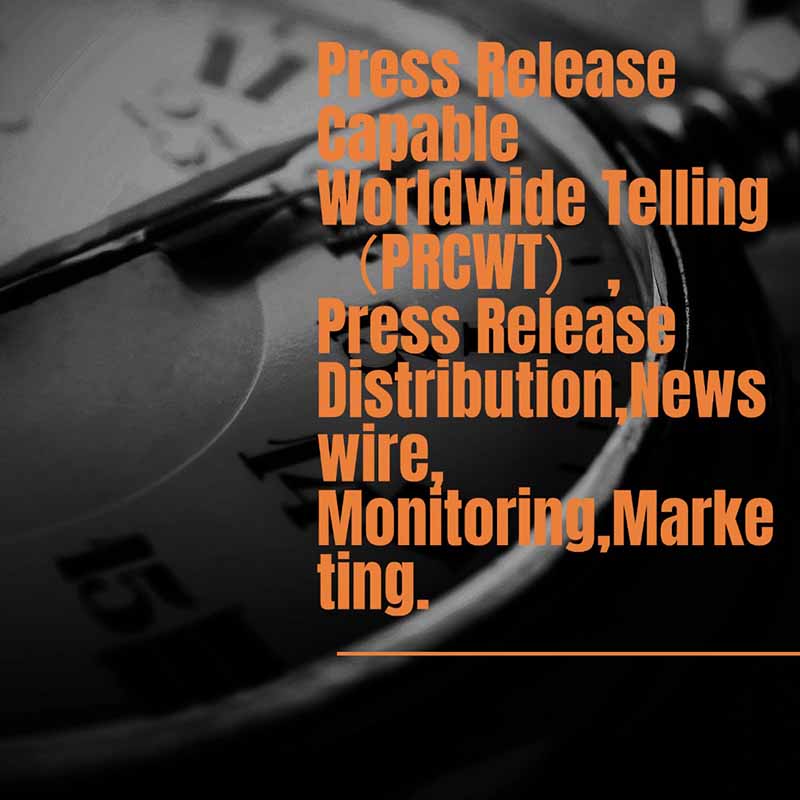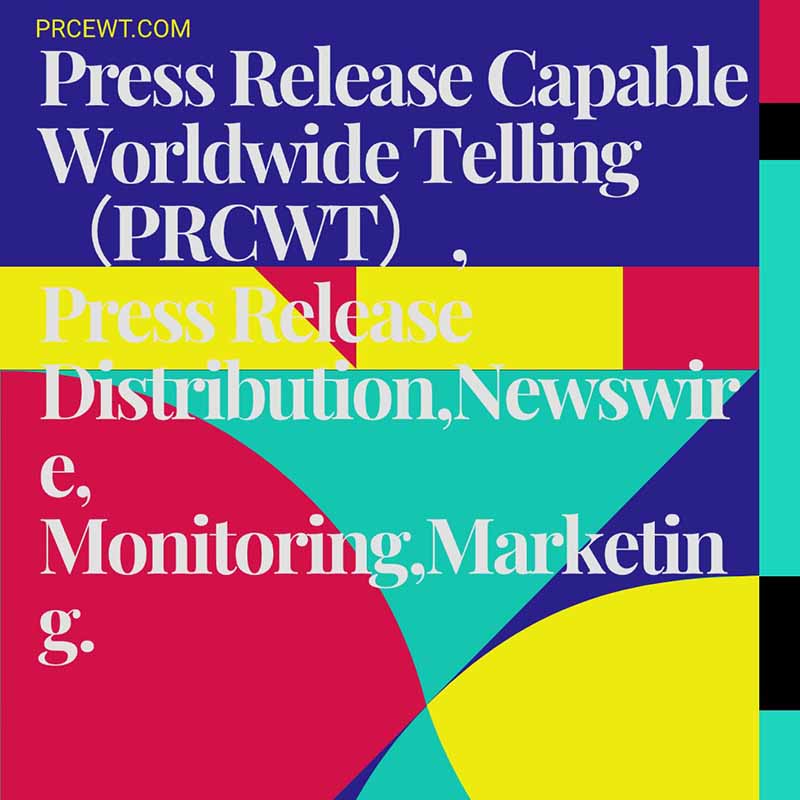In today's highly competitive business landscape, brand storytelling has emerged as a powerful tool for companies to connect with their customers on an emotional level. A well-crafted brand story can create a sense of authenticity, build trust, and drive customer loyalty. This article explores the importance of brand storytelling and how it can be used to create a unique and compelling brand identity.
Brand storytelling is not just about telling a good story; it's about creating a narrative that resonates with the target audience. It involves understanding the customers' needs, values, and pain points, and then telling a story that addresses these issues in a meaningful way. A great brand story can make the brand more relatable, memorable, and engaging.
One of the key benefits of brand storytelling is that it can help companies stand out in a crowded marketplace. In a world where consumers are bombarded with advertising and marketing messages, a brand story can cut through the noise and capture the attention of the audience. It can also help companies differentiate themselves from their competitors and create a unique value proposition.
Another important aspect of brand storytelling is that it can build trust and credibility. When customers feel that they can relate to a brand and understand its values, they are more likely to trust the brand and make a purchase. A brand story can also help companies communicate their corporate social responsibility initiatives and show that they are committed to making a positive impact on society.

To create an effective brand story, companies need to start with a deep understanding of their brand and its values. They also need to identify their target audience and understand their needs and pain points. From there, they can develop a narrative that speaks to the audience on an emotional level and tells a story that is both engaging and memorable.
One example of a company that has used brand storytelling successfully is Apple. Apple's brand story is centered around innovation, simplicity, and design. The company's products are not just tools; they are objects of desire that represent a certain lifestyle and values. Apple's marketing campaigns often tell stories about the company's founders, its design process, and its impact on society. These stories help to create a sense of brand loyalty and make Apple one of the most valuable companies in the world.
Another example is Coca-Cola. Coca-Cola's brand story is all about happiness and sharing. The company's marketing campaigns often feature images of people enjoying Coca-Cola with friends and family, and the brand's tagline "Taste the Feeling" emphasizes the emotional connection that consumers have with the product. Coca-Cola's brand story has helped to make it one of the most recognized and loved brands in the world.

In conclusion, brand storytelling is a powerful tool for companies to connect with their customers and build a strong brand identity. By creating a narrative that resonates with the target audience, companies can create a sense of authenticity, build trust, and drive customer loyalty. Whether it's through advertising, social media, or content marketing, brand storytelling is an essential part of any successful marketing strategy.